Threats against Iran’s ‘indigenized’ nuclear industry meaningless: Spokesman
Threats against Iran’s nuclear program have been rendered totally meaningless due to the indigenization of the country's nuclear industry, says the spokesman of the Atomic Energy Organization of Iran (AEOI).
Speaking at a gathering of the heads of Iranian diplomatic missions held at the Foreign Ministry in Tehran, Behrouz Kamalvandi said even the enemies acknowledge that the Islamic Republic’s nuclear capabilities have reached a level that cannot be eliminated.
“Given that Iran’s nuclear capabilities have been indigenized and have grown deep roots, any threat against the country’s nuclear industry is completely meaningless,” he said.
Kamalvandi further emphasized that the nuclear industry is a driving force in different industries and is not limited to a specific field.
He said Iran can provide one million patients with radiopharmaceuticals. The spokesman pointed to US sanctions against Iran, saying the US had claimed that medicines were not subject to sanctions, “but the truth was something else.”
‘Iran’s nuclear fuel cycle cannot be negated’
Addressing the same event, Mohammad Eslami, head of the AEOI, highlighted Iran’s nuclear achievements, including developing the technology to produce heavy water.
Many companies from different countries want Iranian heavy water and its derivatives, he said.
“Today, the whole nuclear fuel cycle, namely exploration, extraction, processing from mines, conversion, enrichment, and production of fuel and its use in reactors, is being carried out by our young and hardworking experts and scientists,” Eslami said.
He also asserted that Iran’s capability regarding the nuclear fuel cycle “cannot be negated.”
The nuclear chief further said that if Iran did not have the nuclear fuel cycle and its reactors were not active, it could not produce radiopharmaceuticals to offset the impact of sanctions endangering the lives of many patients.
Iran showed to the world the peaceful nature of its nuclear program by signing the Joint Comprehensive Plan of Action (JCPOA) with six world powers in 2015. But Washington’s unilateral withdrawal in May 2018 and its subsequent re-imposition of sanctions against Tehran left the future of the deal in limbo.
Negotiations between the parties to the deal kicked off in Vienna in April 2021, with the intention of bringing the US back into the JCPOA and putting an end to its “maximum pressure” campaign against Iran.
The talks, however, have been at a standstill since August 2022 due to Washington’s insistence on not lifting all of the anti-Iran sanctions and offering the necessary guarantees that it will not exit the agreement again.
Iran strongly condemns Israeli bombing of Yemen's civilian infrastructure
VIDEO | Press TV's news headlines
VIDEO | Israel and Iran’s Nuclear Facilities?
At least three killed as Israel bombs Sana'a airport, power plant
Palestinian children freeze to death amid Israeli carnage in Gaza
Houthi: Yemen’s hypersonic missiles have surprised enemy
Israel makes deepened incursion into Lebanon despite truce
IRGC intelligence forces capture agent linked to foreign espionage service


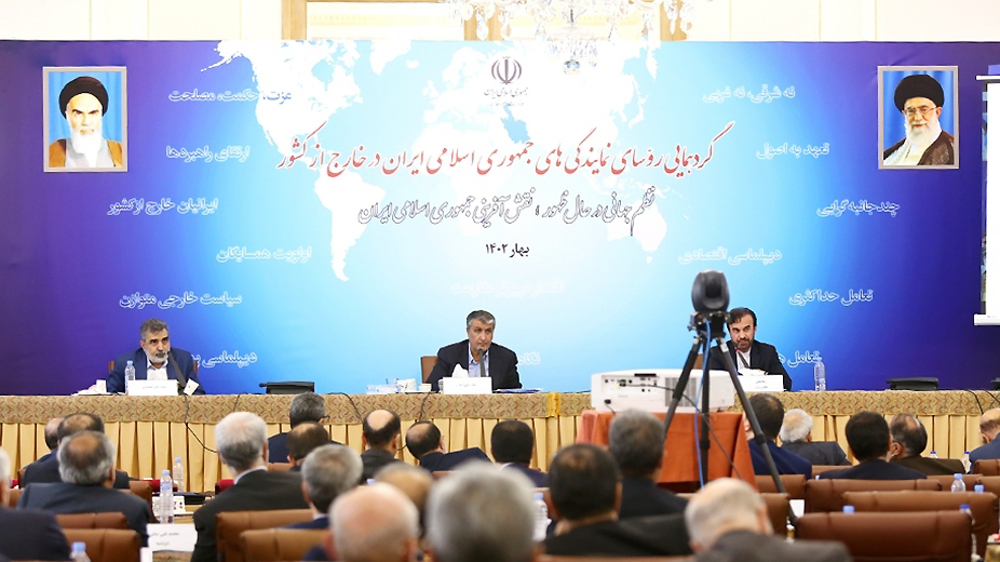
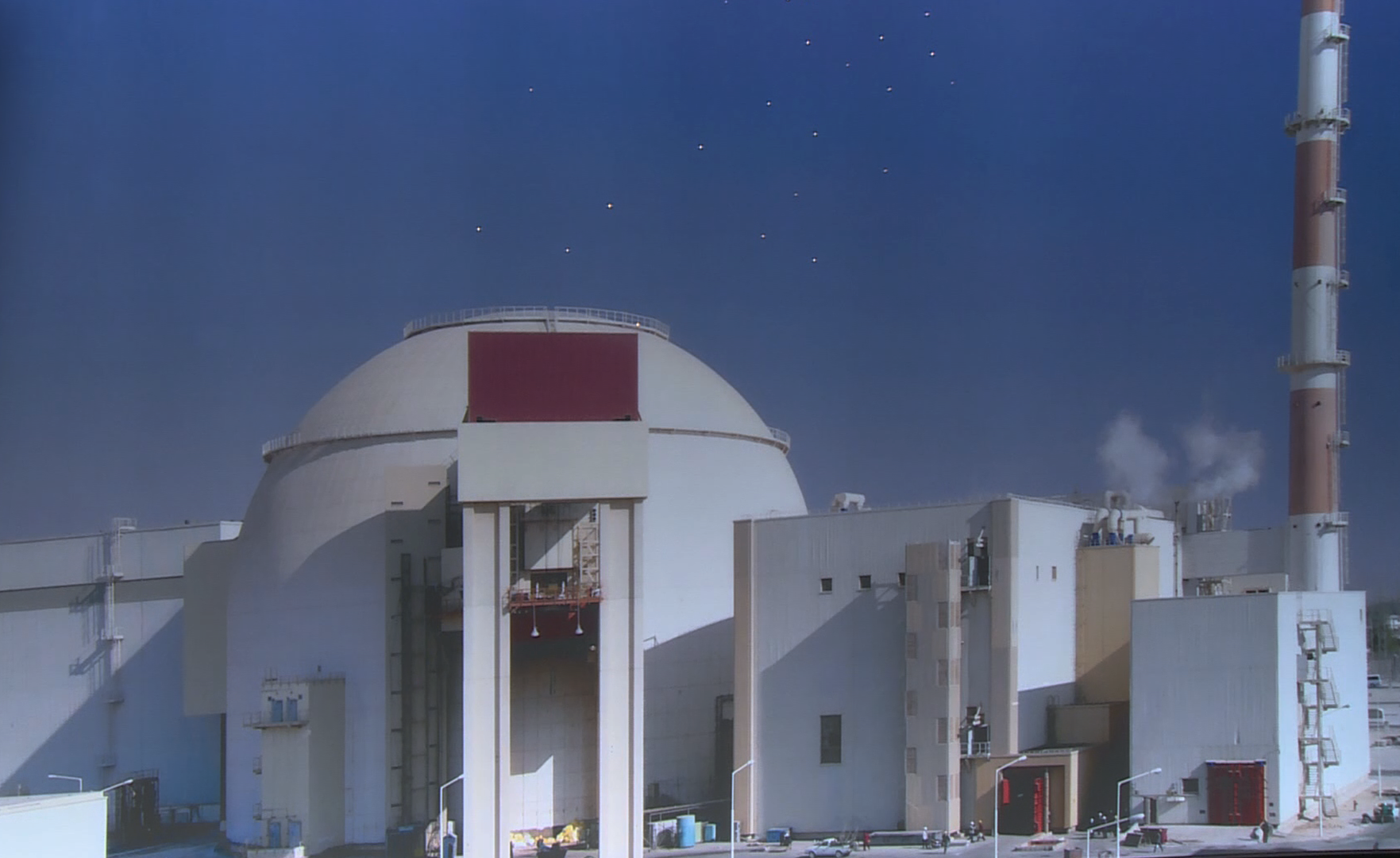
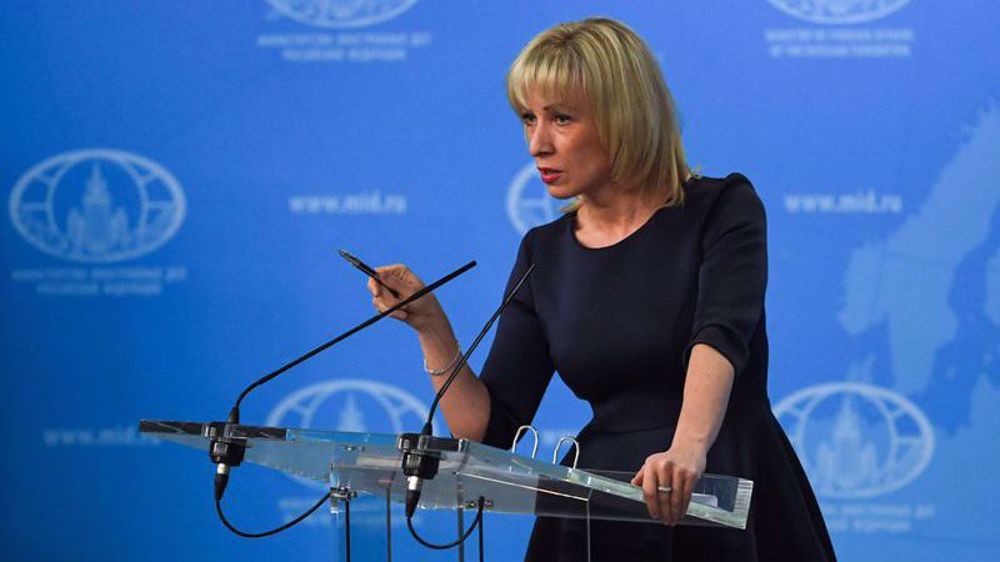
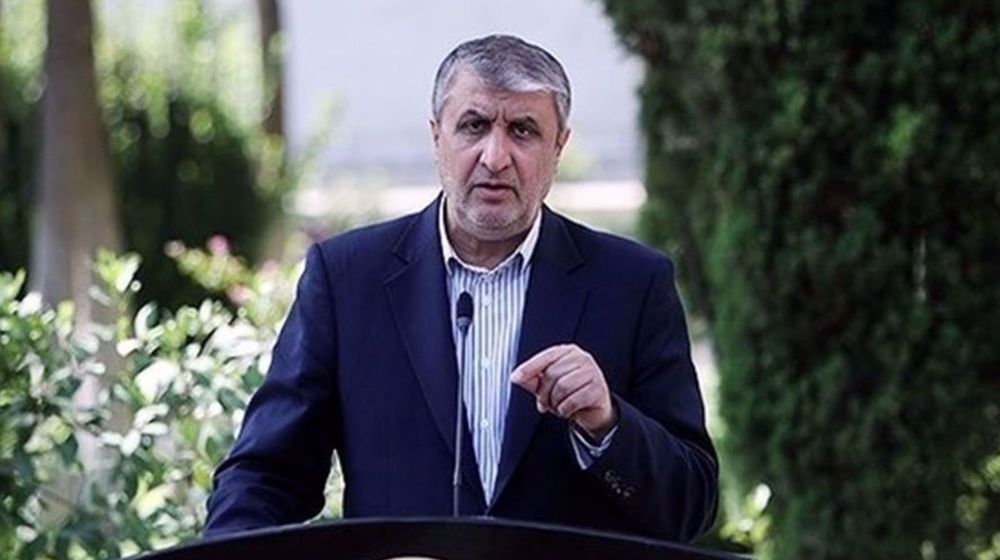
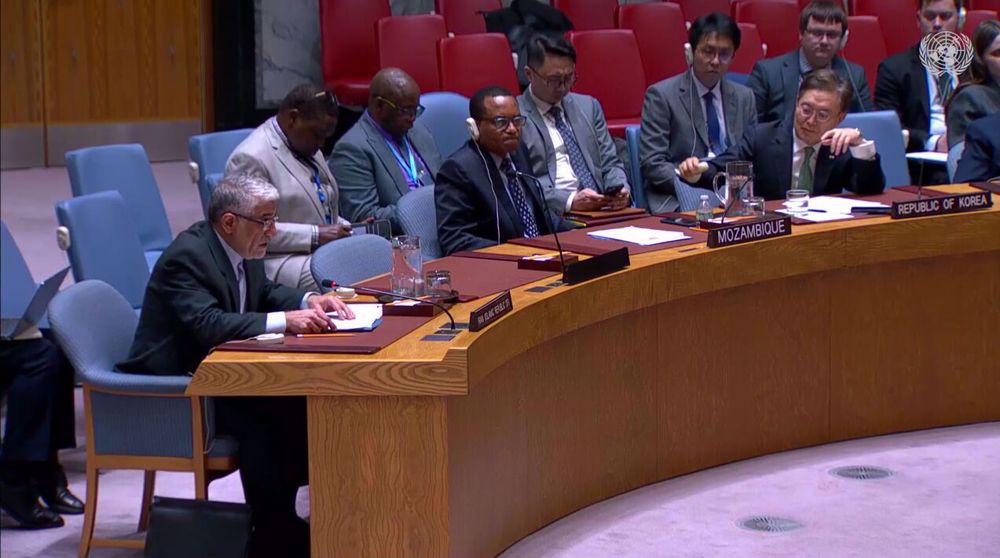



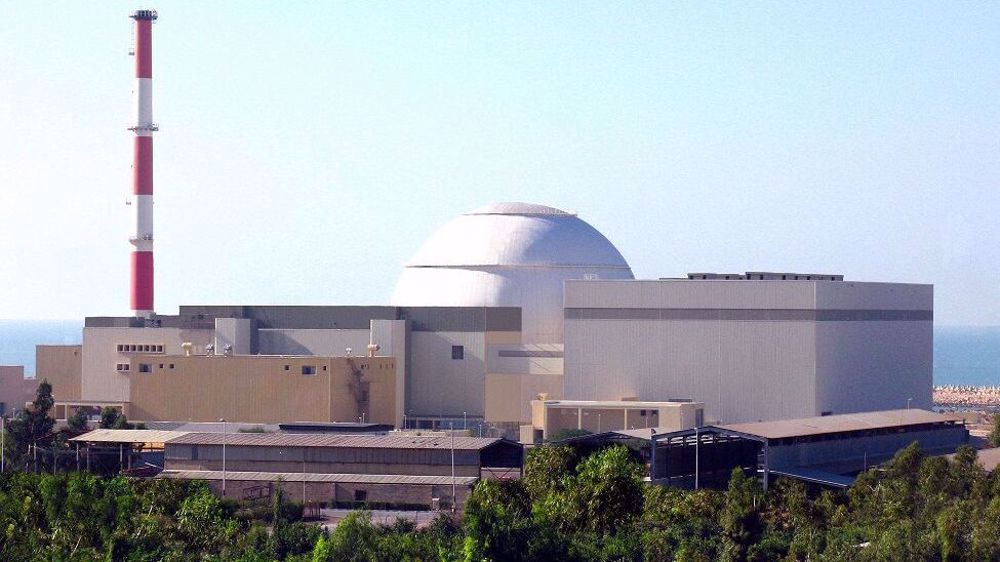
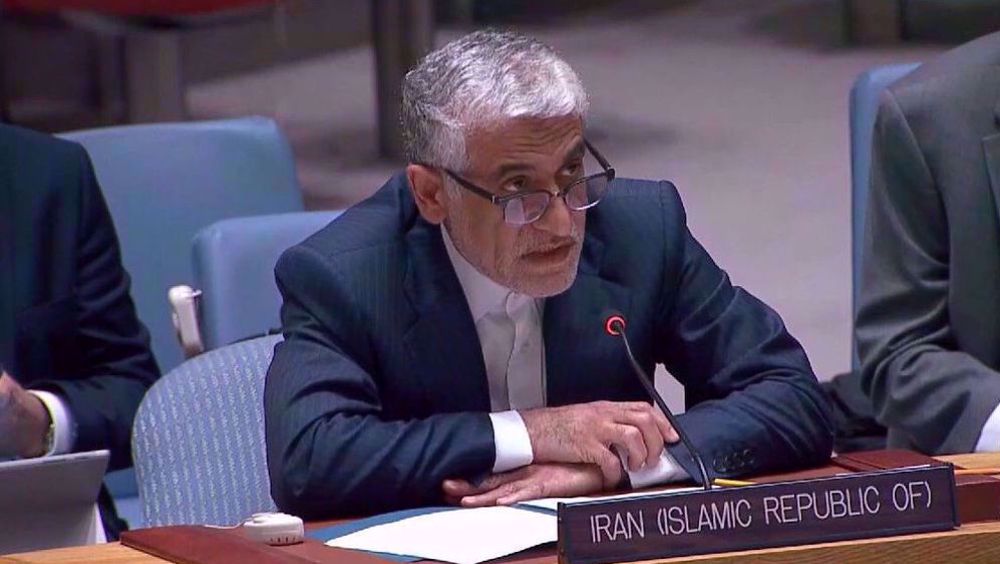
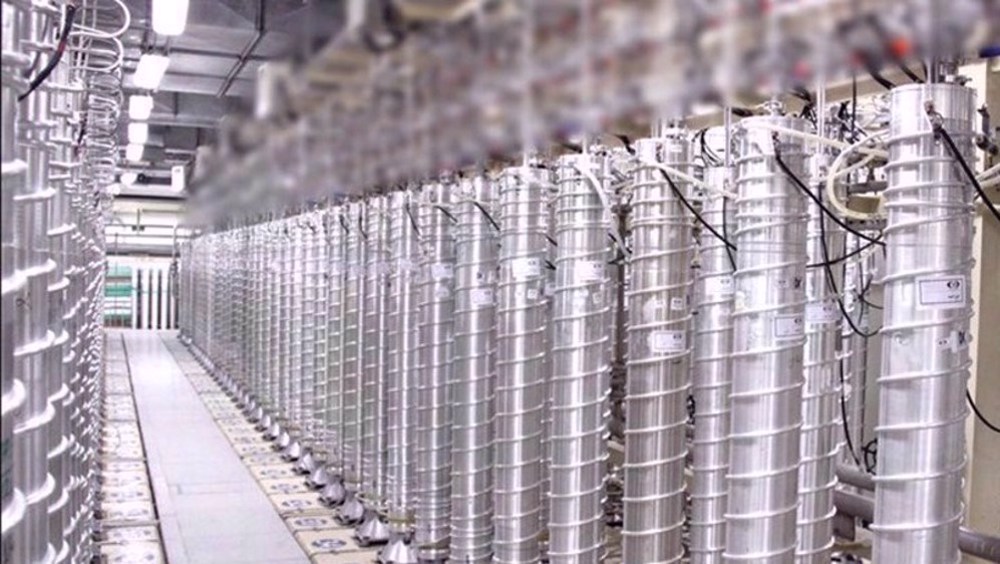
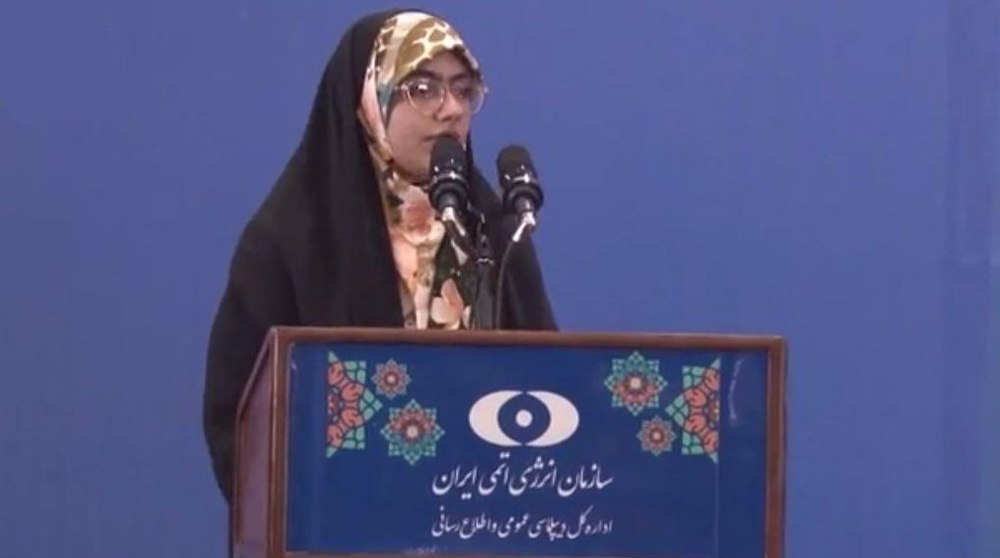
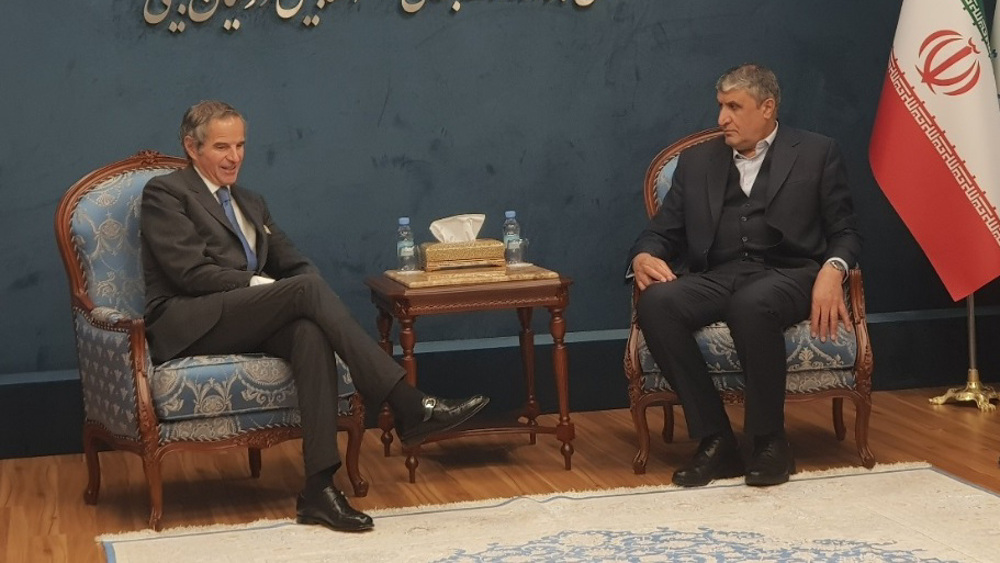

 This makes it easy to access the Press TV website
This makes it easy to access the Press TV website